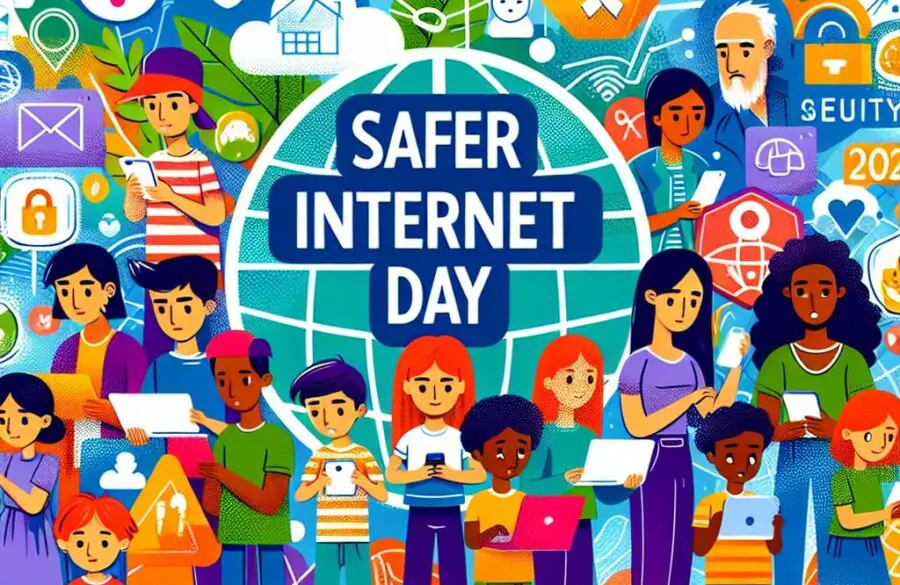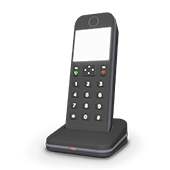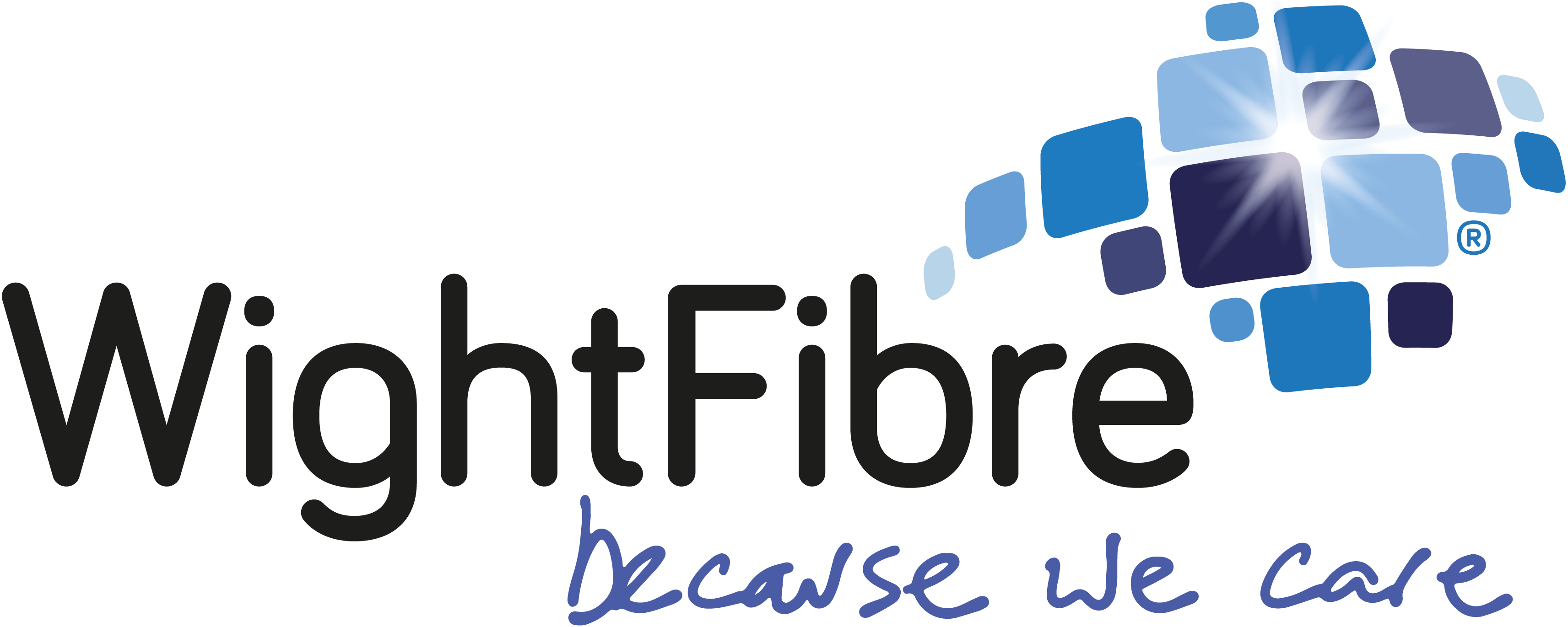Keeping Children Safe Online
One of the most important lessons that you can teach your children with regards to Internet safety is that whatever they share online, it will be there forever. Whether it’s airing their views about an unfavourable teacher at school or sharing photos of themselves, family and friends, it will all stay online indefinitely…
1. Once you share online it’s there forever
 One of the most important lessons that you can teach your children with regards to Internet safety is that whatever they share online, it will be there forever. Whether it’s airing their views about an unfavourable teacher at school or sharing photos of themselves, family and friends, it will all stay online indefinitely. The best thing you can do as a parent is to teach your child to think ‘would I mind everyone in the World seeing or knowing this’ before they click to post or share a message and to assume everything is visible by the public regardless of privacy settings. Inappropriate content that they share could lead to anything, from being contacted by unsavoury individuals to hampering future job prospects.
One of the most important lessons that you can teach your children with regards to Internet safety is that whatever they share online, it will be there forever. Whether it’s airing their views about an unfavourable teacher at school or sharing photos of themselves, family and friends, it will all stay online indefinitely. The best thing you can do as a parent is to teach your child to think ‘would I mind everyone in the World seeing or knowing this’ before they click to post or share a message and to assume everything is visible by the public regardless of privacy settings. Inappropriate content that they share could lead to anything, from being contacted by unsavoury individuals to hampering future job prospects.
2. Control accounts
When something unpleasant happens online, victims are often blind to the realisation that they can actually just block bullies, report offenders or deactivate their account altogether. In an ideal World, there wouldn’t need to be these options, but it’s important to instil in your children that you can literally turn off and step away from any harassment or similar online.
3. Remember to use clever passwords
 It’s important that children are aware that they shouldn’t share their passwords with anyone else, even their best friends. It is also advised that you change your password every few months and do not use exactly the same password for every account. This may make remembering them easy for you, but it will be equally easy for someone who has accessed one of your accounts to access them all. Many websites now advise you on the strength of your password and good practice is to use a mixture of upper and lowercase characters as well as numbers and to not use anything particular to you such as a pet’s name or favourite colour.
It’s important that children are aware that they shouldn’t share their passwords with anyone else, even their best friends. It is also advised that you change your password every few months and do not use exactly the same password for every account. This may make remembering them easy for you, but it will be equally easy for someone who has accessed one of your accounts to access them all. Many websites now advise you on the strength of your password and good practice is to use a mixture of upper and lowercase characters as well as numbers and to not use anything particular to you such as a pet’s name or favourite colour.
*Tip* take time now and then to ensure that your back-up contact details are up to date. This will be vital for regaining use of your account should the worst happen such as suspicious activity temporarily locking you out.
4. Security Basics
Teach your children the importance of logging in and out of devices and accounts. Its’s very easy to just click ‘yes’ for the browser to remember your details so that you don’t have to log in next time, but this could prove especially troublesome if you’re using a public computer such as at school or in a library.
Something many people do not consider, especially teenagers is the information you are sharing once you are ‘safely logged in’. You have probably seen quiz style statuses on social networking sites such as Facebook. These statuses entice you to release information about yourself such as your favourite food, colour, what pets you have, where you grew up and so on. These are in fact getting you to list all of the answers to your security questions and would enable someone to pretend to be you and take control of your account. It may be fun for you to share these facts with your friends for an hour or so, but after that this information will be sat on the Internet begging for someone to use it.
5. Take control of your connection and the devices that use it
All Internet service providers now offer parental control over access to networks. Whether this is by restricting certain content by age or category, or restricting the times that the network can be accessed, this is an invaluable tool in keeping your children safer online.
6. Hardware
Hardware such as microphones and cameras can be and are often hacked. Users will ordinarily be aware of this if a small light comes on – for example next to the camera lens, or if the web browser requests permission, however this is not a sure-fire way of knowing whether your hardware is active and should be monitored carefully. Many children’s devices have such low-res cameras that they are rarely used anyway. A good tip for this sort of camera is to just tape a small piece of paper over the lens.
There are of course many more ways to stay safe online and we have covered the basics here, but if you would like any more help please contact the friendly team at WightFibre or if you have some great tips yourself, feel free to share them with us on Facebook or Twitter.






